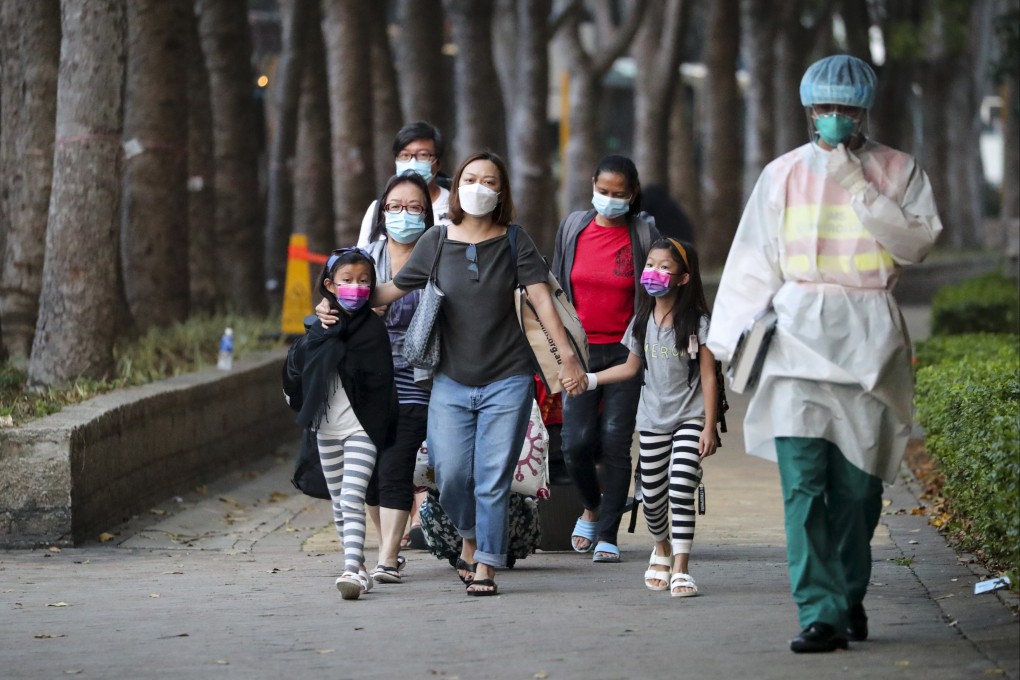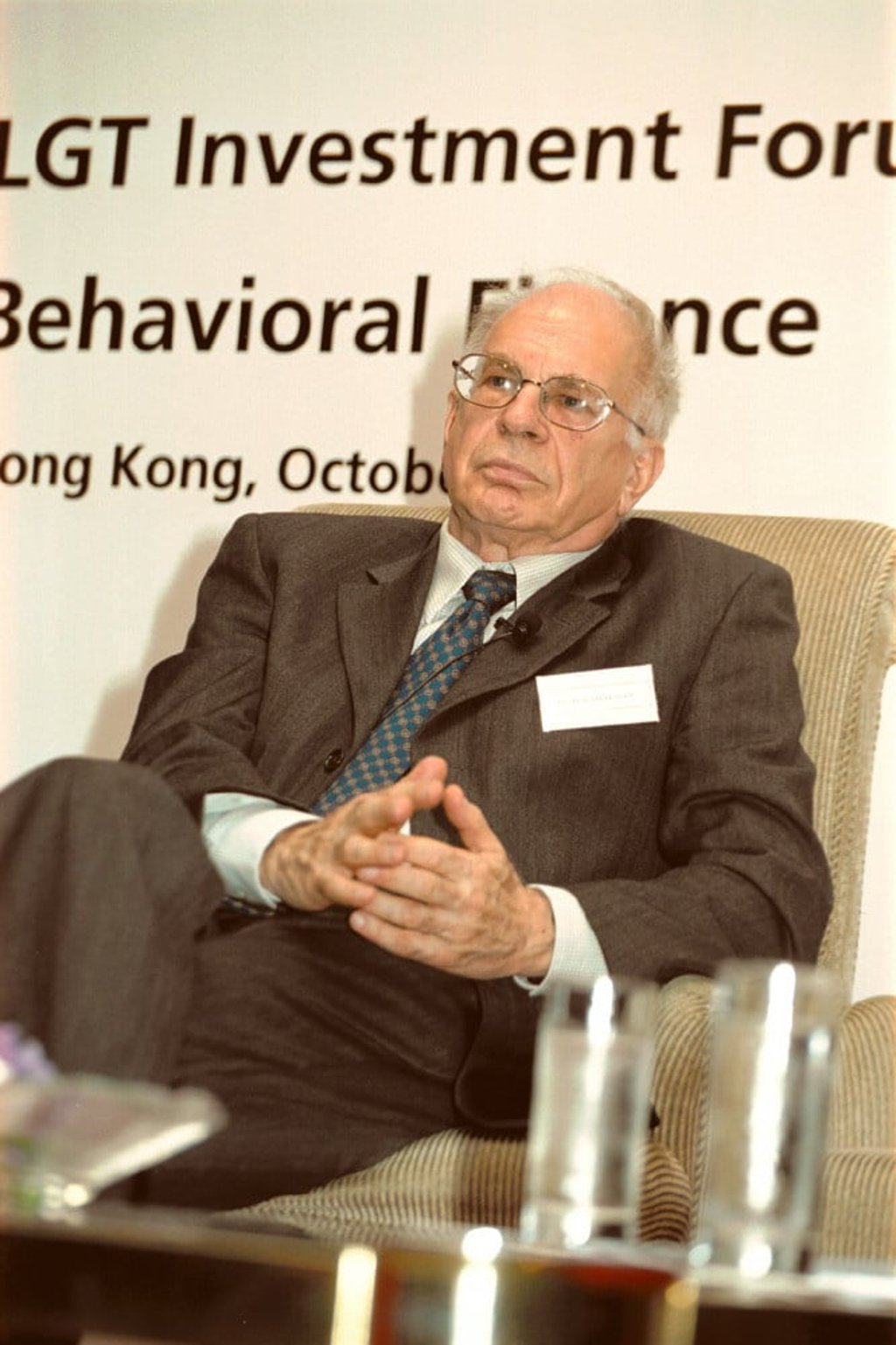The View | Hong Kong’s overly cautious coronavirus policymakers must seek to drown out the ‘noise’
- The work of Nobel Prize winner Daniel Kahneman has drawn attention to how various, sometimes irrelevant, factors and information influence decision-making. Hong Kong’s 21-day quarantine might be the result of such noise

It is a truth, now universally accepted, that investment opinions and decisions are made both intuitively fast and analytically slow. Daniel Kahneman’s book Thinking Fast and Slow revolutionised how we think about how we think.
For those looking to wade through Kahneman’s small-print, 500-page life’s work, I recommend starting with Michael Lewis’ The Undoing Project, which explains the relationship between Kahneman and his friend and collaborator Amos Tversky, who sadly died before he could receive the Nobel Prize that he would have won with Kahneman in 2002.
Kahneman illustrates our natural human biases – that we dislike losing more than we like winning (the prospect theory), that our decisions are based on the information in front of our noses (availability), and that we match new situations to our experience of old ones (representativeness). The good news is that, despite our biases, most of our decisions are about right.
His latest book, published last month at the age of 87 together with eminent behavioural economist Cass Sunstein, and former McKinsey partner Olivier Sibony, is called Noise. It is subtitled A Flaw in Human Judgment and illustrates the striking variability of judgment by different seasoned professionals with the same information.
The US judge Marvin Frankel was so disturbed by defendants getting wildly different sentences for the same offence that, in 1974, he asked 50 judges to pass sentence on a hypothetical extortion case. The jail sentences ranged from three years to 20. Similarly, I have worked in investment teams where individual experienced fund managers have delivered variable results in the same market conditions.

Variability of opinion is due to the different emphasis we place on parts of the same evidence. That difference is driven by our emotion, values and upbringing, which impart biases to our thinking. The truth lies within the information flow, but distracting noise hides it in plain sight.
